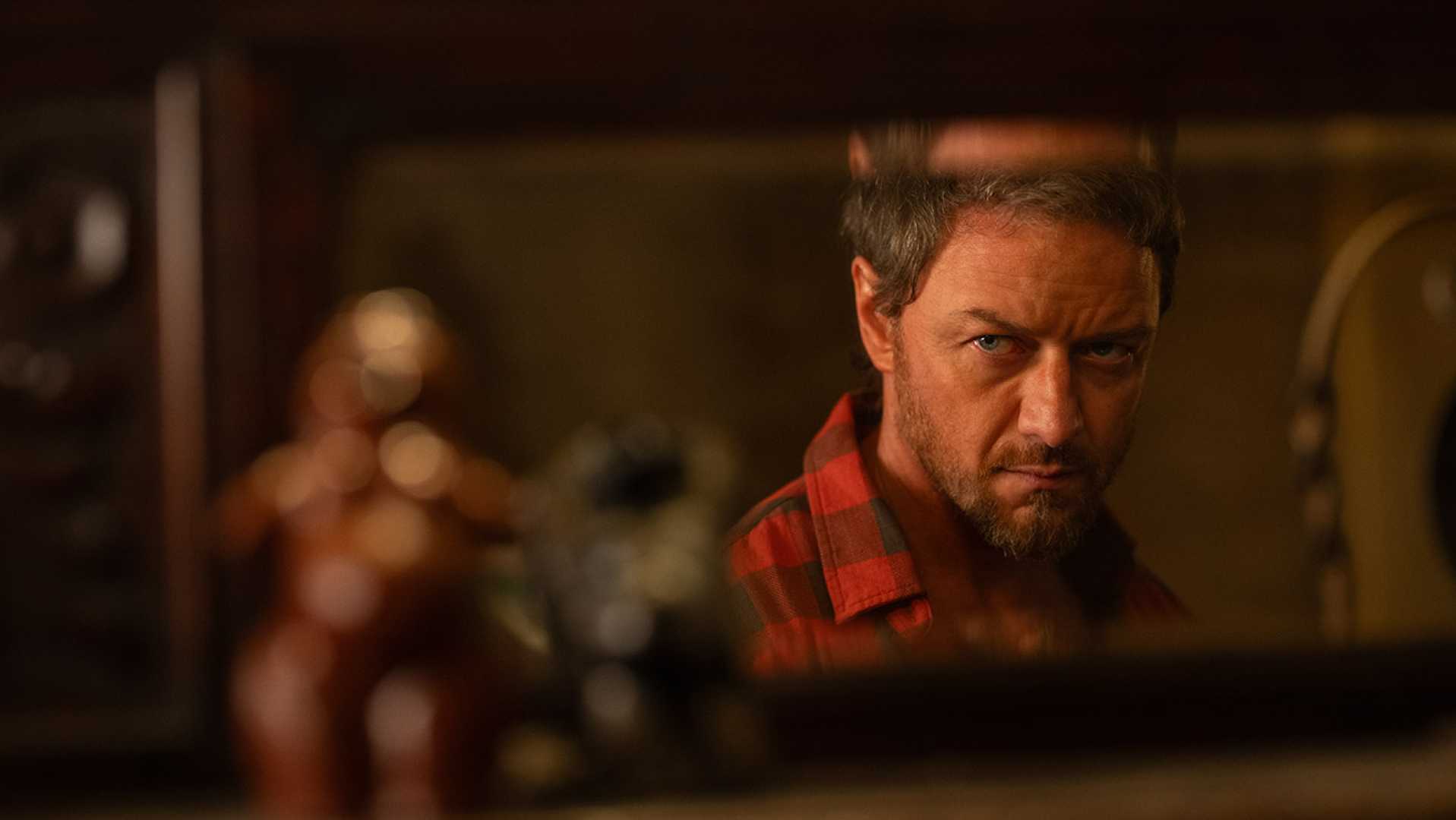Entertainment
James McAvoy Shines in Remake of Danish Horror Film “Speak No Evil”

The recent remake of a Danish film, “Speak No Evil,” starring James McAvoy, has captured attention for its potent performances and its daring thematic exploration. Originally a stark, nihilistic tale, the story has been adapted for an American audience by Blumhouse and James Watkins, maintaining its chilling concept while weaving in more pronounced social commentary.
The film follows Ben and Louise Dalton, played by Scoot McNairy and Mackenzie Davis, an affluent American couple vacationing in Italy with their daughter, Agnes. During this holiday, they encounter Paddy and Ciara, portrayed by McAvoy and Aisling Franciosi, a seemingly carefree couple with a son facing developmental challenges. Their dynamic and seemingly vibrant lifestyle lures the Daltons, leading to an invitation to Paddy and Ciara’s country home.
Unlike its Danish predecessor, which was noted for its distinctly bleak ending, this adaptation takes a slightly brighter approach while still preserving its unsettling core. McAvoy’s depiction of Paddy, a character both charming and menacing, is particularly noteworthy. His performance captures the complexities of a man who epitomizes both warmth and danger—a duality reminiscent of historical figures known for their charismatic facades masking darker natures.
McAvoy’s portrayal is being compared to his acclaimed role in M. Night Shyamalan‘s “Split” and “Glass,” where he played a character with multiple personality disorder. Yet, in “Speak No Evil,” although Paddy does not possess multiple identities, McAvoy embodies a similar volatility, shifting seamlessly from affability to cold-heartedness.
In retrospective interviews, McAvoy has discussed his willingness to embrace familiar roles if the narrative and character offer new textures and stories to explore. He acknowledges that many actors engage in similar storytelling patterns and emphasizes that his decisions are driven by the potential of the script rather than fear of typecasting.
The film’s release coincides with McAvoy’s appearance in other major projects, steering curiosity toward this accomplished actor’s continuous and versatile contributions to cinema. His next venture will see him stepping behind the camera, taking on a directorial role—a move he has long been motivated to pursue to share narratives grounded in aspirations and diverse human experiences.












